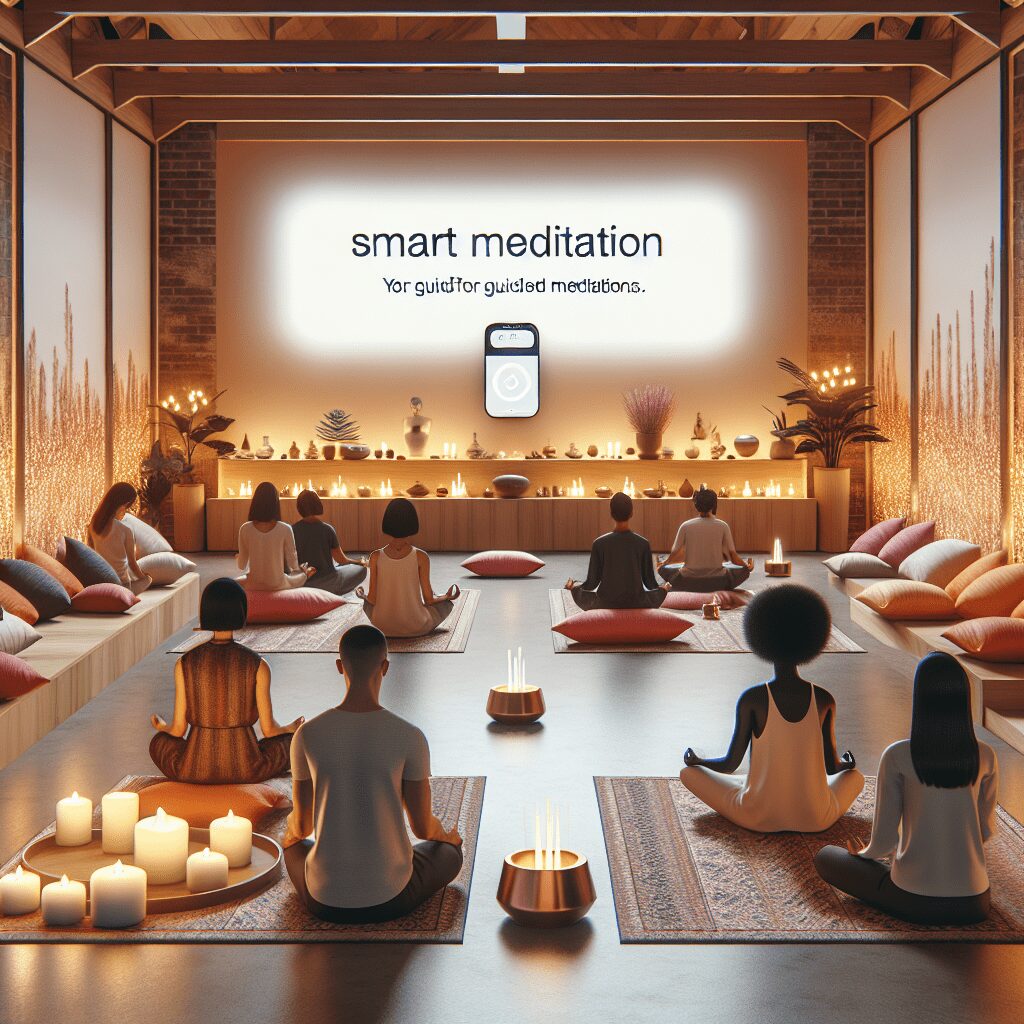
Prioritize your mental well-being daily. Enhance your life by nurturing your mental health with the Smart Meditation app. Break free from stress, alleviate anxiety, and enhance your sleep quality starting today.
Does Sugar Calm Anxiety?
The Sweet Truth: Can Sugar Quell Your Anxieties?
Ah, sugar—the world’s oldest comforter, the sweet seductress hiding in the shadows of our pantries, waiting to blanket our woes with its comforting embrace. In moments of distress, who among us hasn’t reached for that chocolate bar, a slice of cake, or a sugary latte, hoping to drown our sorrows in their saccharine solace? But, here’s the million-dollar question that nibbles at the edges of our sugar-coated sanctuary: Does sugar actually have the power to calm our anxieties, or is this merely a spoonful of wishful thinking?
A Bittersweet Symphony
Let’s dive into the nitty-gritty, shall we? The relationship between sugar and anxiety is complex—like a tango between benefit and detriment, where both participants are unsure of the other’s next move. On one hand, sugar has an almost immediate effect on our mood, courtesy of the surge in blood glucose levels it provides. This spike can lead to a brief elevation in energy and mood, creating the illusion of a stress buffer. However—and it’s a big however—the fallout from this fleeting high is a rollercoaster ride our bodies could do without.
The Quick Fix and the Ensuing Crash
The moment you indulge in sugar, your body swings into action, pumping insulin into the bloodstream to manage the sudden glucose bounty. This spike-and-crash sequence can actually exacerbate feelings of anxiety, setting off alarms in an already sensitized nervous system. Imagine, if you will, teetering on the edge of a cliff—sugar might seem like the hand pulling you back to safety, but before you know it, you’re metaphorically hanging off the edge by your fingertips.
Anxiety’s Fuel
Moreover, scientific circles have often debated the physiological impact of sugar consumption on anxiety disorders. Some research suggests that regular, excessive sugar intake can worsen anxiety symptoms over time, turning what seems like a refuge into a potential trigger. Excessive sugar can also disrupt sleep patterns, lead to weight gain, and increase the risk of various health issues—all contributors to heightened anxiety levels. It’s akin to adding fuel to a fire, with sugar being the last thing your nervous system needs when it’s already on high alert.
The Verdict: Sweet Lies?
So, where does this leave our spoonful of sugar? Does it help the anxiety go down? The answer, it seems, is more complicated than a simple yes or no. While sugar can offer a temporary reprieve, a metaphorical pat on the back, it’s essentially a wolf in sheep’s clothing. The key, therefore, lies in moderation and mindfulness.
Strategies for Managing Anxiety Without the Sugar Coating
- Mindful Eating: Listen to your body’s cues. Often, we reach for sugar during stress without actual hunger prompting us.
- Balanced Diet: Incorporating a variety of nutrients can help stabilize mood and enhance overall well-being.
- Physical Activity: Regular exercise can reduce anxiety levels and boost your mood naturally, without the need for a sugar high.
- Mindfulness and Relaxation Techniques: Practices such as meditation, deep-breathing exercises, or yoga can be effective tools in managing anxiety.
In the grand scheme of things, sugar’s role in calming anxiety is akin to putting a Band-Aid on a bullet wound—temporary relief that doesn’t address the root of the problem. Looking beyond the sweetness for more sustainable solutions might be the key to not just managing anxiety but thriving in spite of it. Remember, the next time the siren call of sugar beckons, it might be worth pausing to consider whether it’s truly the salve you need, or if it’s merely sweetening a deeper issue.





